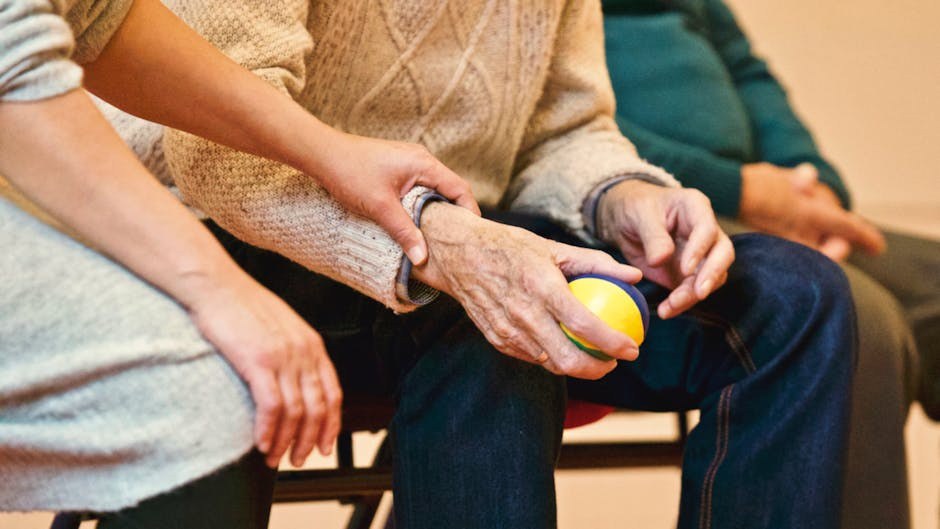When someone you let close breaks their promise, it can feel as if the future you imagined has been swept off the table in one swipe – messy, loud, unfair. The instinct is to armor up and declare that you will never ever be that open again. Yet a quieter part of you wants to trust again, to feel safe placing your heart in someone’s hands without bracing for the drop. That tension is real. It isn’t solved by pretending nothing happened or by denying how much it hurt; it begins by honoring your experience and choosing, steadily and deliberately, to rebuild.
Why opening your heart still matters
It’s tempting to let one painful chapter rewrite the whole story of love. But a single betrayal does not define what you deserve or what you’re capable of. If you want to trust again, you do it not because the past was pleasant – it wasn’t – but because connection is part of a meaningful life. Love always carries risk, and caution is wise; cynicism, however, shrinks your world. When you decide to trust again, you’re not erasing what happened. You’re using it as perspective: a reminder to move slower, notice more, and require reciprocity.
There’s also a practical truth: you have people in your life who have kept confidences, shown up when it was inconvenient, and treated your heart with care. One person’s breach cannot nullify all those moments. Learning to trust again asks you to weigh the full picture – the support you have known alongside the pain you have felt – and refuse to let the worst moment become the only lens.

A gentle roadmap back to connection
-
Start by noticing that you survived. Shock, anger, and confusion can convince you that you’re broken beyond repair. You aren’t. Breathe and take inventory: your values still matter, your needs are valid, and your capacity to love remains. This foundation helps you trust again because it reminds you that while betrayal hurt, it did not erase who you are.
-
Give grief a clear path. Loss is not only about a person – it’s about the plans, the routines, and the version of yourself that existed in that relationship. Let the waves come. You may cycle through denial, anger, bargaining, sadness, and acceptance in no tidy order. Respecting that process equips you to trust again without dragging unprocessed pain into the next chapter.
-
Choose growth over payback. Fantasies of revenge promise relief, but they are boomerangs – they circle back with more bitterness. Moving on is the real power move. Put your time into your wellbeing, your friendships, your work, and your joy. That investment is how you gather the energy required to trust again.

-
Release the reflex to blame yourself. After a breach, many people replay conversations, searching for what they “should have known.” Self-examination can be helpful; self-indictment is not. You are responsible for your boundaries, not for someone else’s deception. Drop the unnecessary guilt so you can trust again from a place of self-respect rather than self-doubt.
-
Accept that change is constant. Even the best seasons shift. What feels unbearable now will soften – not by erasing memory, but by giving it context. Resisting change keeps you stuck at the worst frame of the story. Embracing it helps you trust again because you remember that pain moves and life does, too.
-
Right-size what you share, and when. Openness is not all-or-nothing. You can pace your intimacy without building a fortress. Offer pieces of your story as safety is demonstrated. Ask yourself: does this person earn the next layer? Strategic pacing is how you protect your peace and still allow yourself to trust again.

-
Keep your eyes open for red and green flags. Your intuition often whispers before your brain catches up. Notice consistency, accountability, and effort – and also secrecy, deflection, and contempt. You are not “paranoid” for paying attention. Clear-eyed noticing is not the enemy of romance; it’s the partner of wise courage, and it’s essential if you want to trust again without ignoring your instincts.
-
Count the benefits of closeness. When you’ve been hurt, the mind spotlights risk. Balance the view by naming what healthy trust offers: companionship, shared burdens, laughter, comfort, and the steady relief of being known. Recalling those benefits helps you trust again because it reminds you why the journey is worth it.
-
Be honest about your history when it matters. You don’t owe a new person your entire past on date one. But as intimacy deepens, transparency builds understanding. A simple explanation – “I move slowly because I’m rebuilding after being let down” – gives your new partner a map. Shared context reduces misinterpretations and gives both of you a fair chance to trust again.
-
Practice vulnerability in safe places first. Try small experiments with people who have already proven steady – a sibling, a long-time friend, a mentor. Share a fear. Ask for help. Let them in on a decision. These reps remind your nervous system that connection can be safe, making it easier to trust again when romance returns.
-
Zoom out to the bigger story. Loving anyone requires a leap. But a leap is not a blind jump – it’s a measured step from a firm ledge. Clarify your nonnegotiables, your boundaries, and your pace. With that clarity, risk becomes tolerable, not reckless, and you can trust again without abandoning yourself.
-
Retire the “permanent victim” label. Feeling wounded is human; living from the wound is optional. If you rehearse the injustice daily, it colonizes your identity. Reclaim agency in small ways – schedule the appointment, start the class, plan the trip. Each act of authorship weakens the story that you are defined by harm and strengthens your ability to trust again.
-
Let the future call you forward. Picture firsts that haven’t happened yet: a nervous smile across a room, a conversation that unexpectedly flows, a kiss that feels both new and familiar. Anticipating good things doesn’t deny the past; it widens the horizon. Hope is a practical tool – it motivates the patience and discernment required to trust again.
Putting principles into everyday practice
Ideas are soothing; habits are healing. Build small rhythms that align with what you value. If honesty is your north star, practice it in low-stakes contexts – tell a friend you’re having a hard day instead of saying you’re fine. If you want reciprocity, notice who initiates, who follows up, who listens without rushing to fix. Keep a brief journal of moments when people show up – the ride to the airport, the check-in text, the apology that includes changed behavior. These ordinary proofs are the bricks from which you will trust again.
Boundaries deserve special attention. They are not punishments; they are property lines. A clear boundary might sound like: “I need us to discuss concerns before decisions are made,” or, “When I share something private, I expect it to stay between us.” Boundaries make it possible to trust again because they define safety in actionable terms. When someone honors them, confidence grows. When they repeatedly push past them, clarity grows – and you can step back.
Equally vital is pacing. Relationships often accelerate in the afterglow of chemistry. You are allowed to tap the brakes. Meet consistently, not constantly. Let weeks – not hours – reveal patterns. Quick closeness can feel intoxicating, but steady closeness is what allows you to trust again in a sustainable way.
Listening to the signals inside you
Your body keeps score: tight shoulders before certain conversations, a stomach drop when a topic arises, ease when someone’s presence is genuinely safe. Treat those sensations as data. Pair them with observation – what did they say, what did they do, how did they repair after a mistake? Combining inner cues with outer evidence helps you trust again without gaslighting yourself.
And remember the difference between vigilance and awareness. Vigilance is an exhausting 24/7 guard tower. Awareness is a well-lit porch – you can see what approaches without living on high alert. Replace interrogations with curiosity: “Help me understand what happened,” instead of, “Why didn’t you tell me sooner?” People who are trustworthy lean toward clarity; they won’t punish you for seeking it. That response invites you to trust again with increasing confidence.
Speaking your needs with clarity and warmth
It’s brave to ask for what helps you feel secure: regular check-ins, transparency around plans, mutual exclusivity once you both agree, or time apart to nurture other parts of life. Express these needs without apologizing for them. When someone cares, they won’t view your clarity as an inconvenience; they’ll treat it as a guide. In turn, be open to their needs. Mutual care is how two people learn to trust again – not through grand declarations, but through consistent, ordinary follow-through.
When missteps happen – and they will, because humans are clumsy – watch for repair. A trustworthy person listens without deflecting, names the impact, changes the pattern, and follows up later. Repair is the bridge back to connection. Crossing it together counters the fear that one mistake will collapse everything and helps both of you trust again after conflict.
Honoring your timeline
There is no correct speed. Your pace is your pace. Anyone who tries to rush you past your comfort is telling you something useful. Protect the cadence that allows you to breathe. It is far better to progress slowly and trust again with steadiness than to sprint forward and repeat old injuries. Patience isn’t avoidance – it’s respect for the time it takes to build something real.
Choosing openness after hurt
You didn’t ask for the lesson, but you can choose the learning. The heart you protect is the same heart that longs for laughter on a rainy afternoon, a familiar hand at a difficult appointment, the quiet relief of being understood. Let your boundaries be strong, your eyes be clear, and your hope be sturdy. You are not naïve for wanting to trust again – you are courageous. And courage, practiced in small daily ways, is enough to carry you back toward the kind of love that honors both your tenderness and your strength.